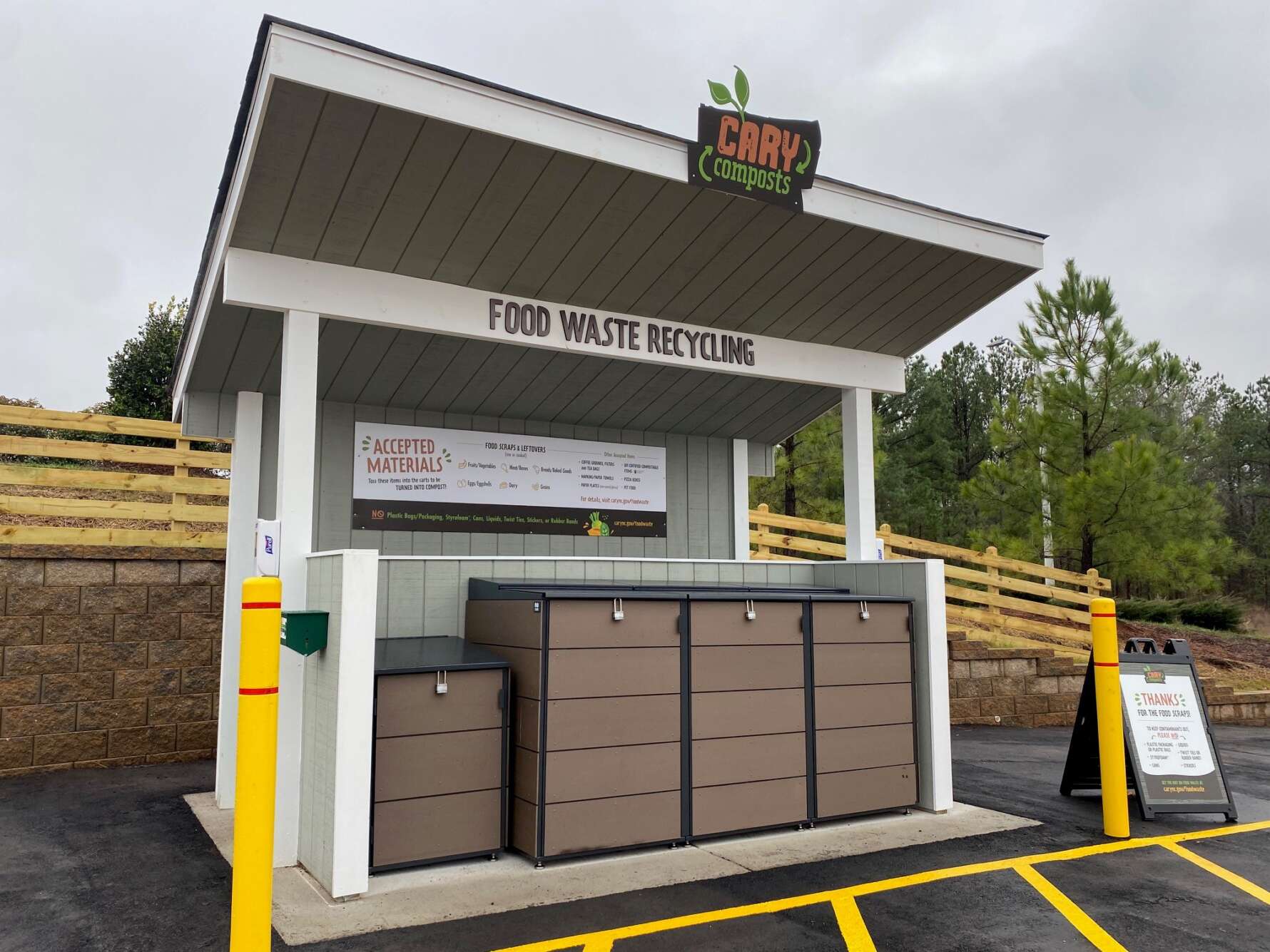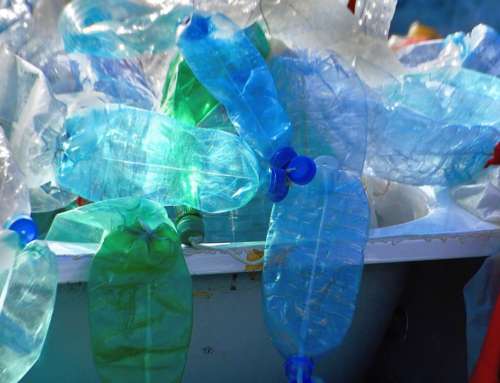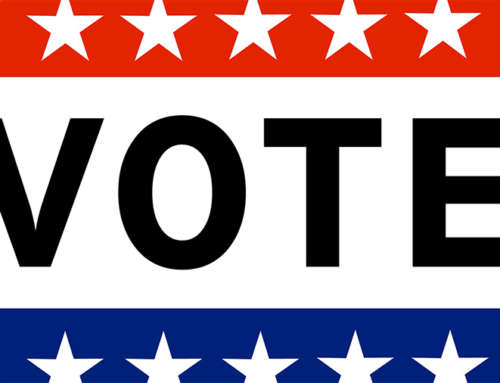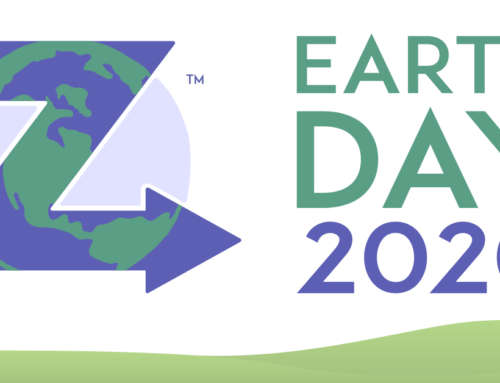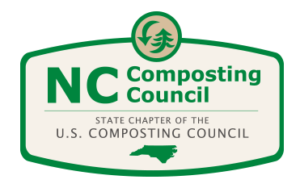How might West Virginia v. EPA Affect your Air Quality
How might West Virginia v. EPA Affect your Air Quality
Written By
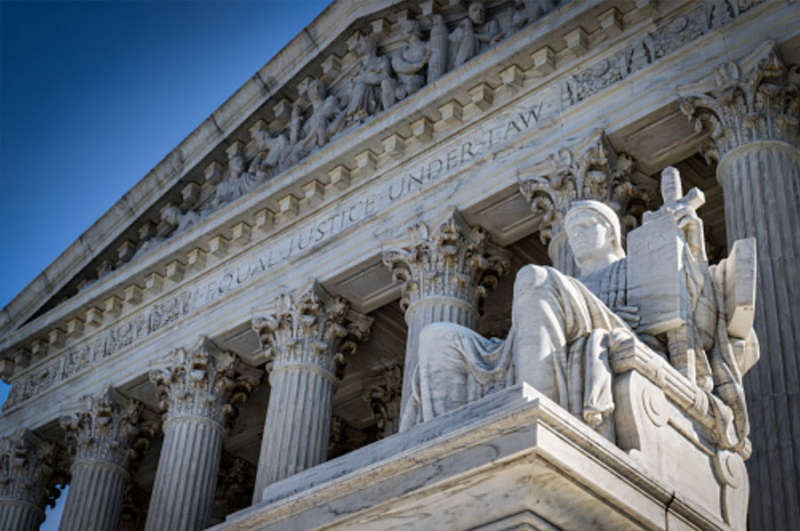
On June 30th, 2022 the Supreme Court of the United States (SCOTUS) announced a decision for the West Virginia v. Environmental Protection Agency (EPA) case that severely reduced the ability of the agency to regulate power plants. SCOTUS ruled that the EPA had taken action outside of their jurisdiction in West Virginia, and the power must first be granted to them explicitly by Congress before implementing such a policy. While the ramifications of the decision are still being explored, there is little room to argue that the hopes for a healthy future took a massive blow.
The decision marks a significant step backwards for the United States. Regulation of the environment started with President Nixon in 1970 when he established the EPA. The creation was the result of a national concern after a series of natural catastrophes plaguing the country, one of the most notable being the Cuyahoga river fire. Since this brief period of unification, the topic of environmental protection has been subject to political debate. Most often, it is argued that with increased environmental regulation, economic growth is limited. It has taken decades for environmental sympathizers to convince others that this is not the case, and that a sustainable future can be achieved.
What does the ruling mean?
Essentially, the ruling is founded on the premise that the EPA needs special permission from congress in order to make any big decisions regarding the environment. This is an issue for climate activists because, as most Americans are probably aware, Congress moves very slowly. Harvard Law professor Richard Lazarus says, “That’s a very big deal because they’re not going to get it from Congress because Congress is essentially dysfunctional.” Justice Samuel Alito even admitted such a predicament in his opinion stating: “When Congress seems slow to solve problems, it may be only natural that those in the executive branch might seek to take matters into their own hands.” This decision knowingly stifles the rate of emission regulation and progress despite the overwhelming amount of scientific evidence finding this is the most important time to implement it.

An Example From the Past
This is not the first time the EPA has been in a dispute with a state over power plant emissions. In a saga lasting over a decade, North Carolina and the EPA fought against the Tennessee Valley Authority (TVA) over the pollution generated by their power plants. The TVA was operating several coal power plants near the Tennessee- North Carolina border. Due to the pollution from these plants, the air quality of the famous Blue Ridge Mountains was deteriorating and they were losing their color. Many communities in western North Carolina were also seeing negative health impacts due to the pollution. Since the TVA fell out of North Carolina’s jurisdiction, the state needed the assistance of the EPA in order to reduce the pollution crossing the border between the two states. The case made its way through the federal courts system, and was even set to make a Supreme Court appearance before a Consent Agreement was reached. If the case had made it to the Supreme Court, the impact of the ruling might have been very similar to the West Virginia v. EPA case that was just passed.

Moving Forward
The North Carolina v. TVA case is a perfect example of the importance for the EPA to have the power to place emissions limits. The impacts of environmental degradation will cross the borders into neighboring states when it occurs. Because states don’t hold jurisdiction over nearby states environmental action, they must rely on the EPA to implement policy to protect them. SCOTUS just limited the ability of the EPA to do this very thing. Without the EPA, citizens of Western North Carolina would be breathing in polluted air to this day. Their health conditions would continue to worsen, and they would have no ability to reduce or mitigate the pollution. The EPA is necessary in protecting states from each other, and because of the natural environment’s boundaryless nature, federal regulation will always be necessary. However, with the reduction in regulatory power, acting on the state level is now more important than ever. For those in NC, consider checking out the link to learn more about how to provide feedback on Duke Energy’s proposed carbon plan.
Sources:
https://www.nytimes.com/live/2022/06/30/us/supreme-court-epa
https://www.npr.org/2022/06/30/1103595898/supreme-court-epa-climate-change
https://www.sourcewatch.org/index.php/North_Carolina_v._TVA
Action steps:
https://www.ncuc.net/Consumer/carbonplan.html
https://www.ncchurches.org/2022/07/supreme-court-ruling-on-west-virginia-vs-the-epa/
A more optimistic view:
https://grist.org/regulation/supreme-court-epa-west-virginia-emissions/





